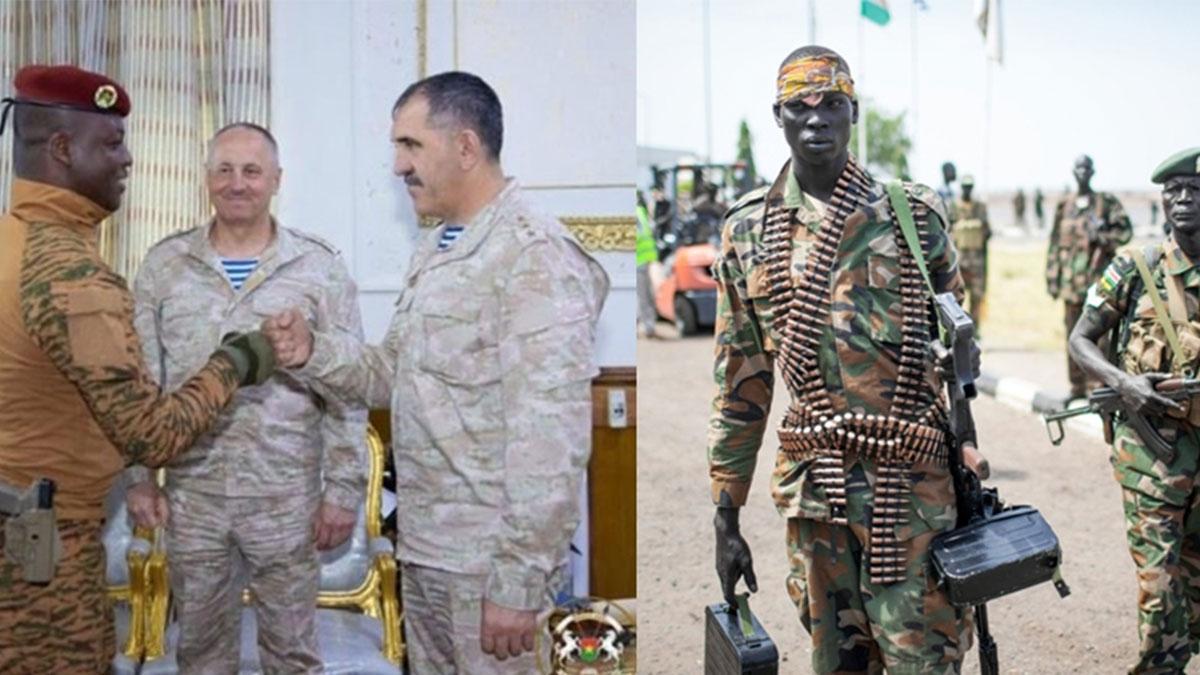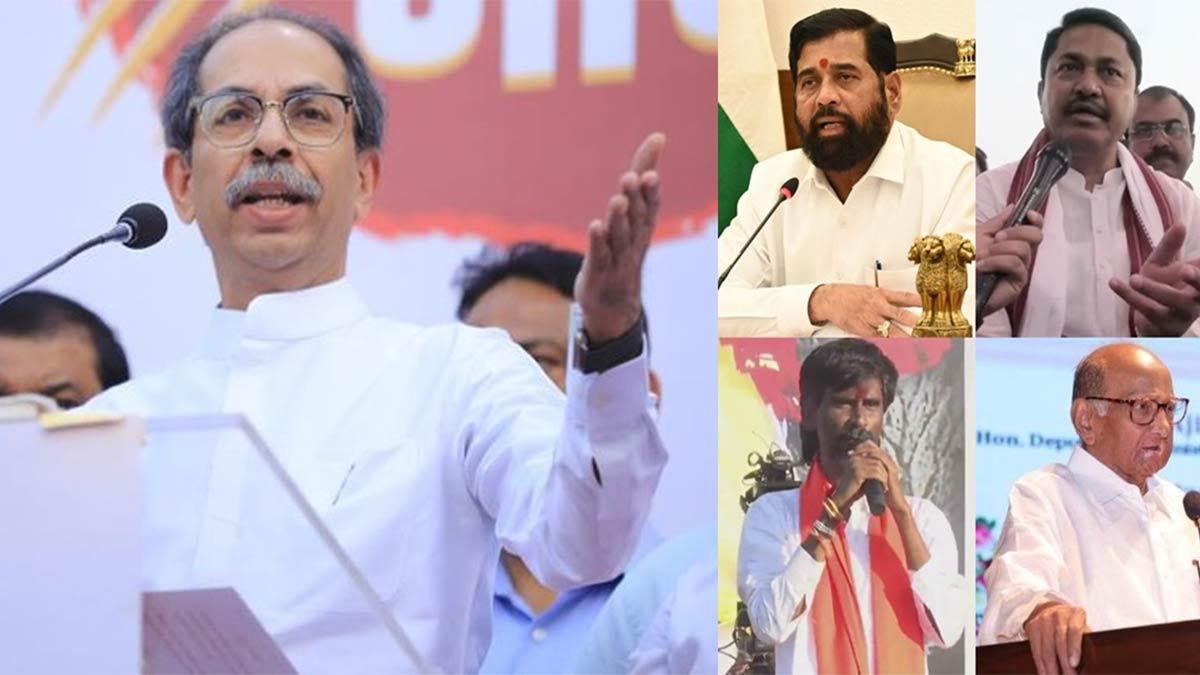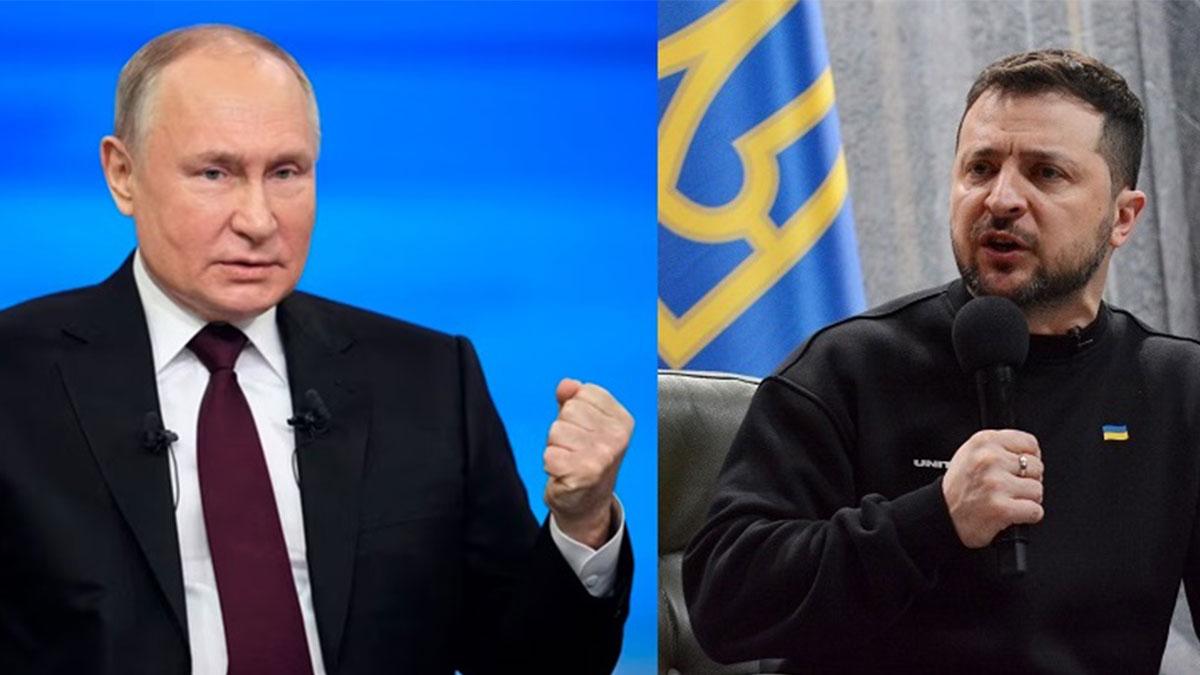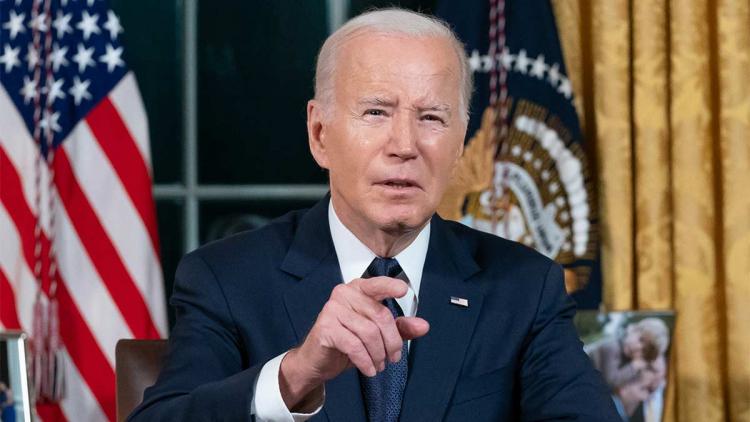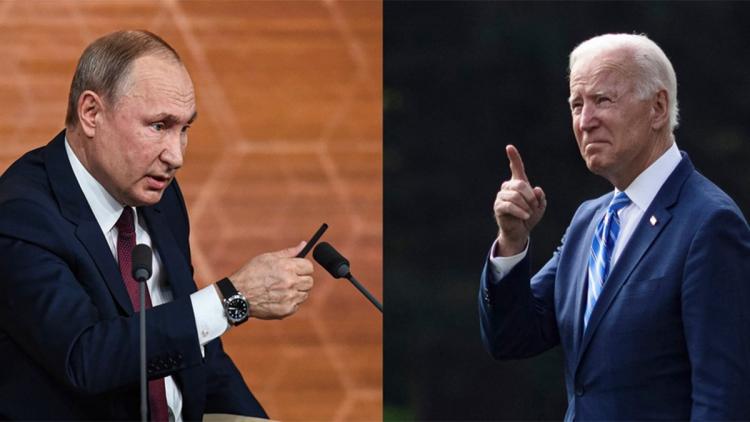High-level diplomacy, disruptions - political and economic - and disasters, mostly the outcome of climate change, marked this year for Africa and in 2024, all the three 'Ds' seem certain to continue playing their role as global political configurations shift and a major power seeks to regain its influence on the continent.
For Africa as a whole and some of its countries, 2023 was marked by two major diplomatic developments - the inclusion of the African Union as a member of the G20 and the invitation to Egypt and Ethiopia to join the BRICS, along with Iran, Saudi Arabia, the UAE and Argentina, from January 1, 2024, doubling the grouping's membership.
Equally significant is the new contest for influence among major powers across the continent with a former colonial power losing out in its turf as another significant player makes its return in a more pragmatic avatar than its former ideological forebear.
West and central Africa and the Sahel countries -- largely former French colonies and comprising the so-called "Coup Belt", now ranging from the Atlantic to the Red Sea -- are spurning Paris and the EU to strike deals with Russia on security and economic issues as it signals renewed engagement with Africa.
While the Second Russia-Africa Summit, and the Russia-Africa Economic and Humanitarian Forum in St. Petersburg in late July was a major indicator of Moscow's intention to formalise its outreach with regular meetings planned, it also followed the bilateral approach.
Russian Foreign Minister Sergey Lavrov, had, in 2023, visited South Africa, Angola, Eswatini, Eritrea, Mali, Mauritania, Sudan, Kenya, Burundi, and Mozambique for discussions and agreements, but Moscow's real pointsman seemed to be its Deputy Defence Minister, Colonel-General Yunus-Bek Yevkurov, with his peregrinations through the sandy wilderness of the Sahel.
Yevkurov, who was humorously nicknamed the Russian Defence Ministry's own "Afrika Korps", had in a few months, visited Mali, Burkina Faso, Niger, the Central African Republic, and strife-torn Libya - where he met Libyan National Army chief, Field Marshal Khalifa Haftar, who subsequently visited Russia too.
While he did reach agreements on military cooperation with most of these, especially Mali, Burkina Faso, and Niger -- which have formed the Association of Sahel States and have repudiated French, and EU security ties as well as stood against regional grouping ECOWAS -- the real impact was how his travels were tracked and sought to be countered.
Days after the Russian minister left Libya, AFRICOM’s US General Michael Langley was sent to Tripoli to resume negotiations, while Germany announced a policy shift for resumed cooperation with post-coup Niger.
The new Nigerien government, however, was not biting and in end December, announced plans to reassess military agreements, signed by its previous governments with Western powers, and the bases on its territory thereof.
While it is too early to assess how the Russian outreach to Africa will play out, it cannot be denied that it has shaken up the dynamics in this volatile Sahel region where Chad is left as the only friend of France.
This area, below the Maghreb or Arab north Africa, forms the "Coup Belt", following military takeovers in Mali in 2020 and 2021, Chad, Guinea, and Sudan in 2021, in Burkina Faso in January and September 2022, and in Niger and Gabon in 2023. What makes it more volatile is the presence of Al Qaeda and its offshoots in this desolate wilderness - which the long presence of French and other foreign troops have been unable to eradicate.
Conflicts also continued to roil several parts of Africa, especially Sudan after the agreement between the army and paramilitary Rapid Support Forces broke down in April, leading fighting that has left over 10,000 dead and millions displaced. Somalia and Ethiopia witnessed their share of violence too.
Meanwhile, the long-running conflict in mineral-rich Democratic Republic of the Congo is still on, and the country has asked the UN forces (MONUC), as well those of the East African Community nations to leave.
The third main issue was natural disasters, which exacerbated the economic woes due to the lingering effects of the Covid pandemic, and the supply disruptions due to the Russia-Ukraine war.
The drought in the Horn of Africa continued as rainfall failed for the third year, while there were floods in east Africa, killing many across Tanzania, Kenya, Somalia, and South Sudan. Further south, cyclones batttered Malawi and Mozambique.
The extreme climate underpinnings of these led to the first-ever African climate summit in Nairobi where the higher carbon-emitting West was asked to pay more in climate taxes, and at the COP28, African nations sought the fossil phase-out commitments be equitable and focus more on the developed nations.
It remains to be seen what else falls to Africa's lot in 2024.
(IANS)
ALSO READ | US Congress faces uphill task to clear backlog of legislations in 2024
ALSO READ | Can the Ukraine war end in 2024 as Russia, US go for elections in 2024

